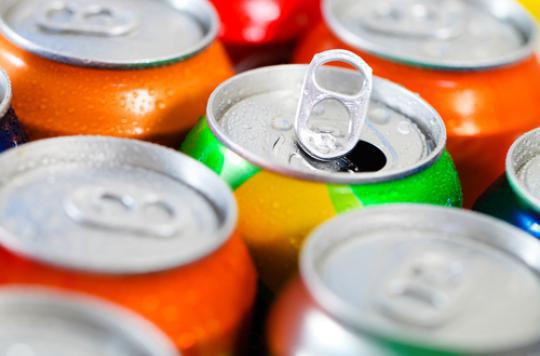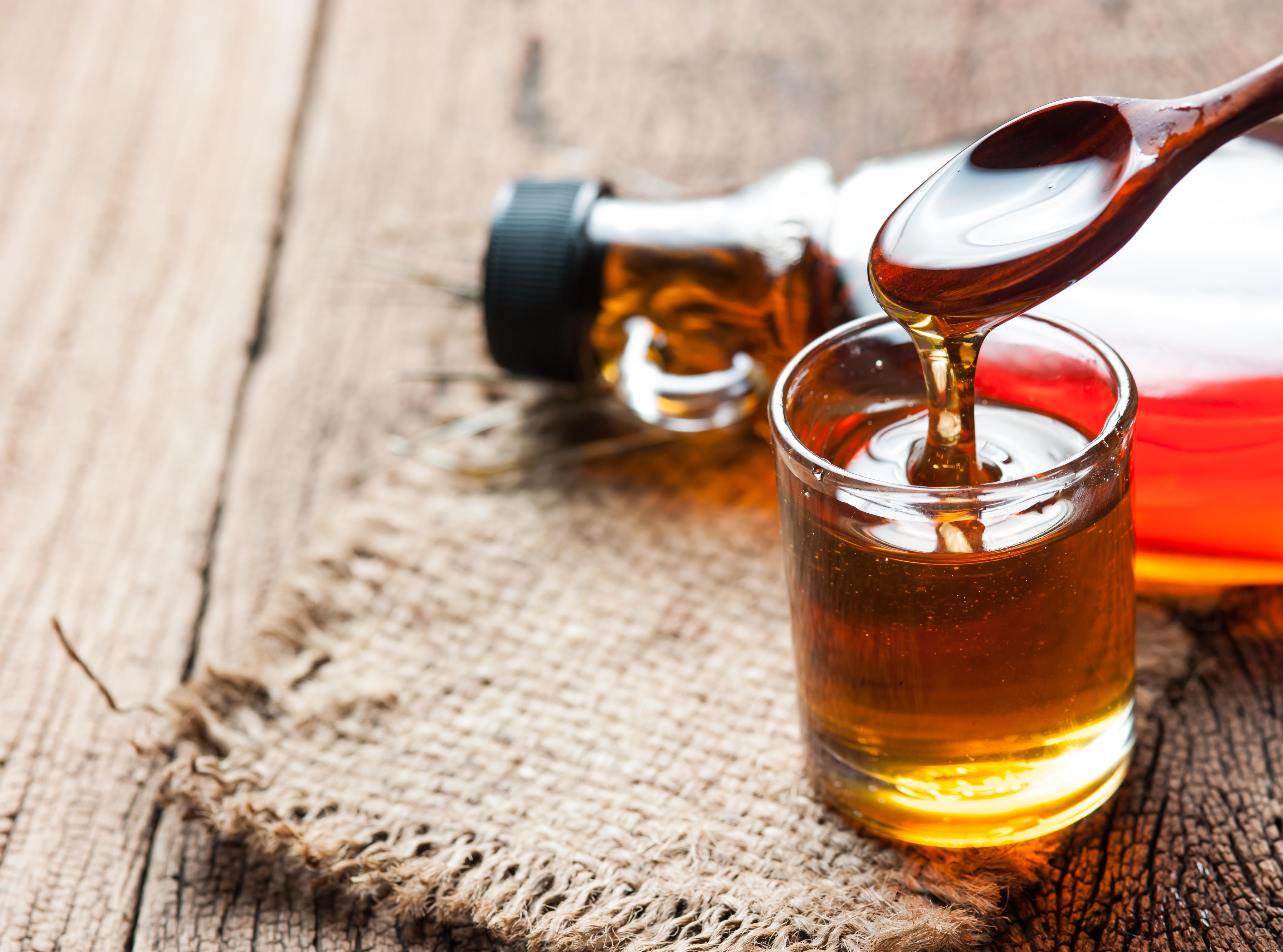Alerting teens to the risks of sugary drinks prompts them to make better nutritional choices. They tend to give up consuming it.

” Smoking kills “. All cigarette packs now display this health warning. What if it’s the turn of sodas and other sugary drinks? Some American states, including California, have taken the plunge. Liquids containing added sugars must be accompanied by specific labeling. But how effective are these measures? It is to this question that a team from the University of Pennsylvania (United States) tried to answer. In L’American Journal of Preventive Medicine, she suggests that such labeling could be particularly striking among adolescents.
Too many sugars
In fact, 2,000 American teenagers, aged 12 to 18, participated in an online survey. They were faced with different types of labeling. Some did not display any warnings about the risks of overeating sugary drinks. Other bottles clearly announced them. “Drinking drinks containing added sugars contributes to obesity, diabetes and cavities”, specifies the Californian device. In total, five types of messages were tested, ranging from the most precise to the most vague.
In the United States, more than 7 in 10 adolescents consume a sweet drink (fruit juice, soda, energy drink, etc.) every day. Their sugar intake is thus twice as high as the official recommendations. “The rate of sugar consumption in the United States is frightening, and it contributes significantly to obesity, type 2 diabetes and other pathologies that are dangerous or have serious consequences on health”, recalls Christina Roberto, co- author of this study.
More thoughtful choices
Changing the packaging of these products may well reduce the number of teenagers who give in to sugar sirens. Without any labeling, 77% of respondents admit to choosing their drink at random. Health warnings, on the other hand, increase the chances of making a more informed choice. The probability of giving up a sugary drink increases from 8 to 16% depending on the displayed text.
Asked about the mechanisms at work, the teenagers admitted having become aware of the harmful effects of this type of refreshment. They say they are better able to understand that they have no positive impact on the hygiene of life. “The influence of health labeling on the purchasing intentions of adolescents in this study underlines the need for nutritional information to help people make healthier choices”, analyzes Eric VanEpps, co-author of the work.
A need that young people themselves approve of: 62% of them are in favor of the application of these measures in supermarkets. Before that, experiments will be necessary, say the authors. However, a previously conducted study leans in their favor: parents also make better choices for their children if labeling alerts them to the consequences.

.















